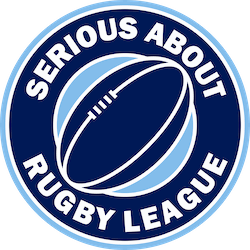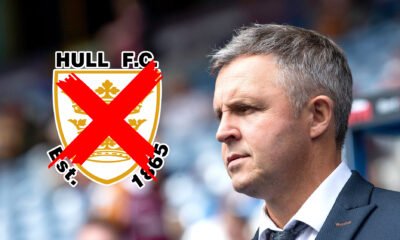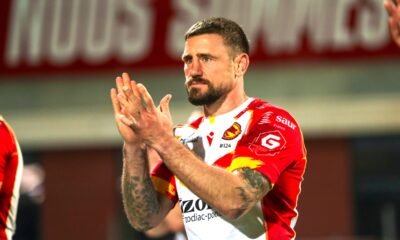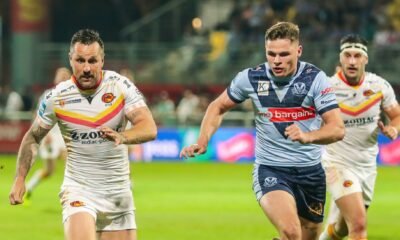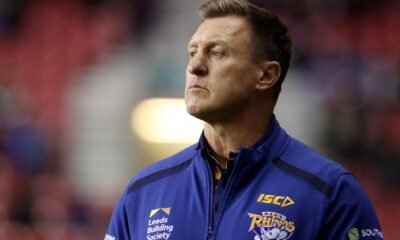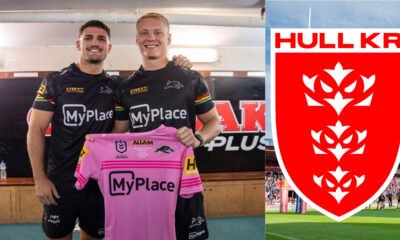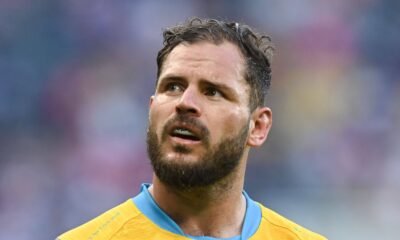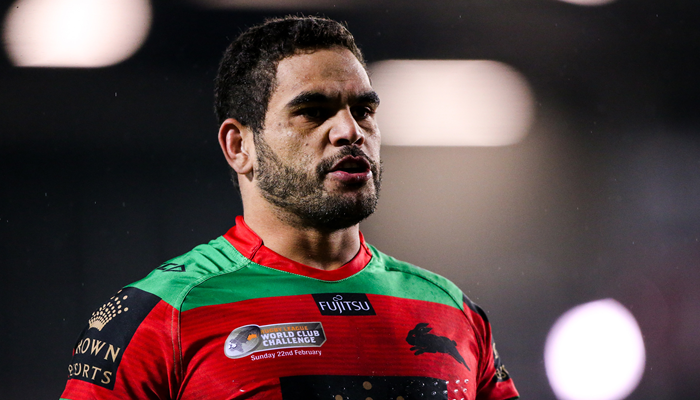
In the wake of the wave of support Greg Inglis has received over the past week for seeking professional help for depression, the focus should now turn to what exactly the NRL and South Sydney Rabbitohs aim to do for Greg when he retires from the only profession he has had since making his NRL debut as an 18 year-old in 2005.
What, if anything, the Club and the League are required to do in the coming years for high-profile players like Inglis —as well as many other lower profile players— is the question that should be running through the minds of sports people across all of the major sporting codes.
Believe me when I say, these obligations will one day be the elephant in the room for sporting bodies when they negotiate with players, and they are already playing a significant role in talks between the NRL and RLPA as well as Cricket Australia and their players.
To see the importance of this issue, you only needed to have watched the ABC’s Four Corners program earlier this month and observed the personal devastation and helplessness experienced by some of Australia’s most respected sportspeople once their careers had ended. To watch Nathan Bracken, Lauren Jackson and others, having received close to zero help from their respective sporting bodies was sobering confirmation that once you retire from the business, the business will very easily and very quickly move on without you.
The irony of this is that many sporting organisations and leagues are exceptionally well prepared and ready to take a front-foot approach in the media when an opportunity presents itself to highlight their role in a current player’s situation.
We have seen it in the past week with Inglis and we’ve also seen it in the AFL with the Sydney Swans after Buddy Franklin sought help for his own mental health issues in 2015.
The NRL was quick to convey how it has improved its policies on mental health over the past few years, including its 21-day resilience journal and training program as well as an increase in welfare and education roles. Whilst the Swans were also lightning fast to highlight —and continue to highlight — how they have employed an in house clinical Psychologist offering their players enough help to get back out onto the playing field.
I’ve spoken to many former players and welfare employees across both of these sporting codes, and the quiet consensus is that they are both still significantly underprepared for what is facing their players in the years ahead.
Whilst the NRL’s 21-day resilience journal is a nice start. It’s like an impromptu wall of sandbags on the shore. Very helpful for a small surge, not as much when a tidal wave hits a player. I’m also sure the Swans in house Psychologist isn’t available to every player to ever pull on the jersey or be de-listed from the club, but nor should he be.
These organisations continue to publicly position themselves as a conduit for the players to lean on in periods of depression, when in reality they cannot guarantee a player any of that ongoing support from the moment they aren’t able to generate value for the organisation anymore.
It’s simple business, but clubs and leagues are discreet in approaching that reality.
I talked to one former player last year who had voluntarily finished his career and was working as a garbage collector. The funny thing was, he told me he was happier collecting the rubbish than he was towards the end of his sporting career playing at some of the biggest Clubs around the world. He had received no phone calls from his League since retiring and only one coffee with a welfare officer who asked him to fill out a one-page exit survey after he made the decision to retire. He wasn’t a superstar, and didn’t want to cause a fuss, but I know this player showed all the signs of being clinically depressed, and what caused him to get to the point of retirement was bordering on professional neglect.
It’s been said that a tsunami is coming for professional sporting organisations in Australia. And though it may seem counterintuitive, the sooner the leagues own up to the reality that they are grossly under resourced and cannot provide the kind of ongoing support that is truly needed for a player, the better off players will eventually be. Because they will be faced with the reality that they must cover themselves. The question is what will that cover look like, and at who’s expense will it be?
For Greg Inglis, perhaps the most significant guide on his future wellbeing to arise over the past week came from his friend and former Origin team mate Justin Hodges.
“The most important thing is he (Greg) knows he has great friends and a great family who love him and we’re all there to help.”
Friends and family are an important part of the solution, but how long should the League and the Club also be there to help, and what could that help possibly look like?
Written by Rhys Jack.
